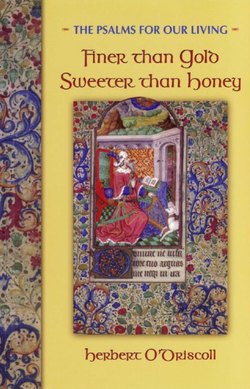Читать книгу The Psalms - Herbert O'Driscoll - Страница 21
На сайте Литреса книга снята с продажи.
ОглавлениеPsalm 14
When the Lord restores the fortunes of his people,
Jacob will rejoice and Israel be glad.
as one stands by the Wailing Wall in Jerusalem and watches men and women praying fervently, it is easy to forget that much of their prayer is for those around them who do not profess faith, at least in any religious sense. The prayer of the faithful is offered for the recovery of faith among the majority of Israelis who live from a secular stance.
Sometimes when we read the psalms, we encounter statements that seem to contradict all our assumptions about the world from which they come. We assume that the psalmist speaks from an age and society of faith, and so we can often be astonished at his distress about the state of religious faith and practice around him.
His lament has a very modern sound. We ourselves can easily identify with the statement, “There is no God”—our culture is actually based on this assumption. Unbelief is so common in our society that it no longer produces any sense of shock or surprise.
But there is something we need to notice about the psalmist’s claim. He links the loss of faith in God to the overall deterioration of his society. The statement, “There is no God,” is immediately followed by the assertion that society is inherently “corrupt”—“every one has proved faithless” and “there is none who does any good.”
The psalmist is free with generalities. In condemning his society he is quite ready to say that “all alike have turned bad.” We rightly question such sweeping statements. Even in the most corrupt societies there are men and women who strive to live lives of integrity, often at great cost. Although their integrity may not derive from their religious stance, this does not mean that we can discount the integrity itself.
In all fairness to the psalmist, he moves from condemnation to hope before he ends his song. It is not a case of “if the Lord” but “when the Lord restores the fortunes of his people.” The same hopeful stance is required of us, even more so when we are tempted to see growing moral decay in our own society, or when we feel that its social fabric is weakening.
Instead of giving up on our society and dismissing it, we are called increasingly to fervent prayer that God’s infinite power to restore may become more and more evident.
Are there aspects of your society or world society that you would call “corrupt”? Ask yourself why such corruption occurs. Ask God to guide all people in the pursuit of generosity, honesty, and justice, and to inspire them with hope for a just society.
